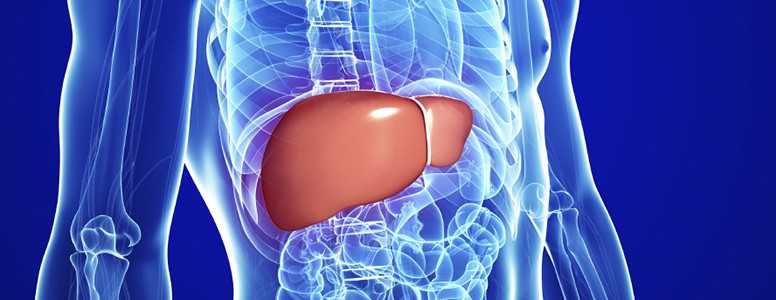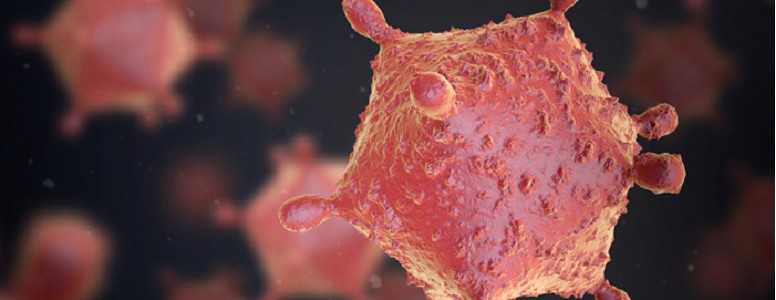The type 2 diabetes drug Januvia (sitagliptin) works no better than a placebo as an effective treatment for non-alcoholic fatty liver disease (NAFLD), researchers report.
Januvia is prescribed to lower blood glucose levels among people with type 2 diabetes. It is usually taken alongside a healthy diet and regular exercise.
Scientists at the University of California, San Diego School of Medicine conducted a trial involving 50 NAFLD patients with prediabetes or type 2 diabetes.
NAFLD often occurs in people who are obese or who have type 2 diabetes, and the researchers wanted to compare how sitagliptin reduced liver fat compared to placebo.
Patients were randomised to 100 mg/day of sitagliptin or placebo for 24 weeks. The study team used MRI-derived proton density-fat fraction (MRI-PDFF) to measure changes in liver fat.
The researchers found no significant differences between sitagliptin and placebo across a variety of measures. Sitagliptin was found to be safe, but no more effective at reducing liver fat in NAFLD patients.
The study team also made one other conclusion from the findings. They noted that patients with a high risk of type 2 diabetes do not necessarily require a liver biopsy to be efficiently screened for therapeutic agents.
“This study demonstrates that non-invasive magnetic resonance imaging (MRI) imaging techniques, including MRI-proton density fat fraction (MRI-PDFF) and magnetic resonance elastography (MRE), can be used to assess treatment response in NAFLD clinical trials,” said the authors.
“These advanced magnetic resonance imaging techniques continue to be refined. Although they remain mainly in the research domain now, we anticipate they will become part of standard clinical care within a few years.”
The study appears in the Journal of Hepatology.
What's new on the forum? ⭐️
Get our free newsletters
Stay up to date with the latest news, research and breakthroughs.





